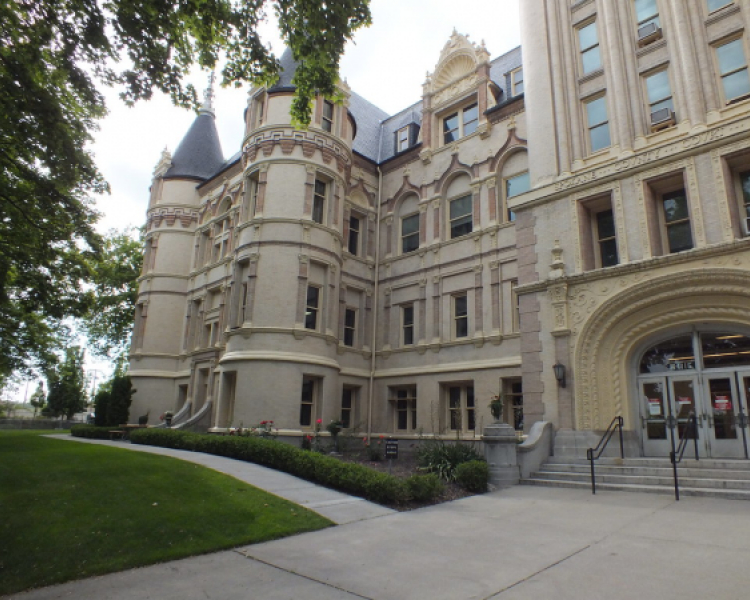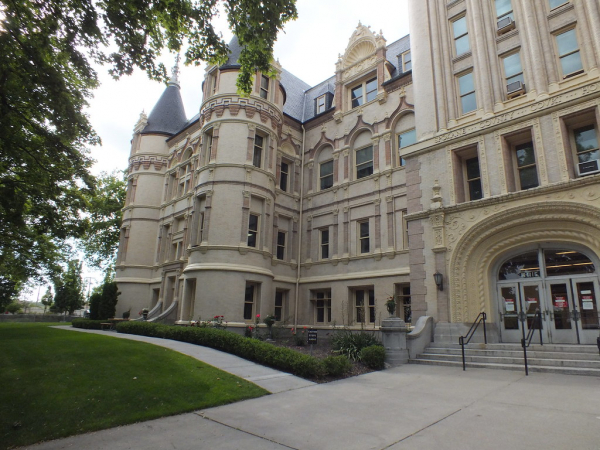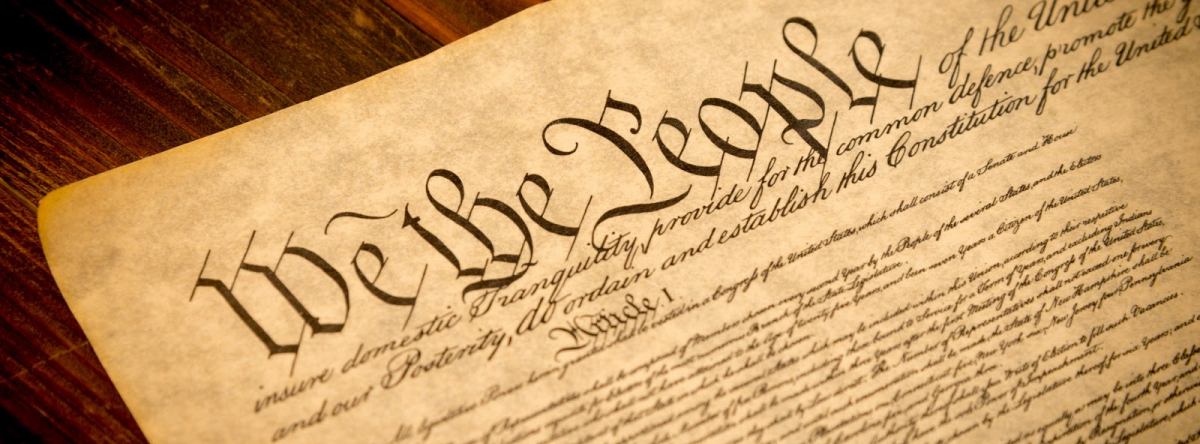Election Integrity Update: Exposing WA State Election Corruption
AUG 16, 2022 Election Integrity Update by Bill Bruch
FOR THE 2022 SPOKANE, WA COUNTY PRIMARY ELECTION RISK-LIMIT "AUDIT" - The 3rd Legislative District Position 2 race was randomly selected by the SOS. Spokane County Auditor Vicky Dalton submitted the Risk -Limiting Audit (RLA) parameters to the SOS. It was to be an "audit" for the race, but only an "audit" (ballot comparison) on the 2nd and 3rd place candidates in a three-candidate race – not the winning candidate (a Democrat).
Through the ARLO Software Algorithm Program, a "random" sample size of ballots was determined to be audited – 71 total ballots were chosen to audit. 39,342 ballots were counted in the 3rd Leg race. 144,334 total ballots were counted county-wide.
The RLA process resulted in about 45 ballots being selected that were NOT in the 3rd Legislative District but were in other legislative districts within Spokane County. Meaning about only 26 ballots were audited for the actual Leg 3 race. In fact, no ballots "audited' had a vote for the candidate in the 3rd position.
PROBLEM #1: Why would you "audit" a race and not "audit" ANY votes for the leading candidate in the race?
PROBLEM #2: Why would you audit a race and not audit ANY votes for the 3rd place candidate in the race?
PROBLEM #3: Spokane County includes 5 Legislative Districts - The Legislative District 3 RLA had about 45 of 71 ballots chosen to audit that were NOT in Legislative District 3.
PROBLEM #4: How can an audit of 26 ballots in the 3rd Leg District Pos 2 race, that includes NO ballots for the first or third place candidate in the race, be in any way considered an audit?
PROBLEM #5: Why would you audit ballots from all over the county OUTSIDE the 3rd district for a 3rd district race?
PROBLEM #6: Election observers were not allowed to witness the physical ballots or the imaged ballots, side by side.
PROBLEM #7: All Cast Vote Record (CVR) data and images from the RLA were made available via password and were EMAILED to the *ARLO RLA Team in Colorado to evaluate the process, showing the Election System is connected to the internet.
PROBLEM #8: Spokane County elections observers were not allowed to have a copy of the RLA report to see the composition of the RLA process. The election observers were not allowed to review the mathematical formulas supporting the plan of the RLA, nor were they allowed to be shown calculations on how the race and candidates were determined. When asked why they could not get a copy of the report, they were told because we can't give you access to Cast Vote Records and "You have to Trust Us."
PROBLEM #9: When the Spokane GOP elections observers asked Democrat Auditor Vicky Dalton about this process, she doubled down and said, "This is a "True Audit."
OF NOTE: Washington State is one of the only states in the country where Cast Vote Record (CVR) data is not available to the public.
OF CONCERN: Auditor Dalton has chosen to eliminate the Random Batch Audit and replace with the Risk Limiting Audit for Spokane County. This "Sham" Risk Limiting Audit (RLA) that was just conducted in Spokane county is supposed to give us full confidence and faith that all the 2022 Spokane county primary elections were conducted fairly and honestly........
OTHER ISSUES: By design the RLA is supposed to be preceded by an Audit Trail of the Election System. There is none.
A Public Records Request was filed August 13th regarding the above. Waiting on a response.
_______________________________________________________________________________
* RISK LIMIT AUDIT (RLA) FACTS:
For the 2021 elections WA State had a pilot program in 9 counties implementing "Risk-Limiting Audits" (RLA). According to the WA SOS, a RLA is a post-election audit that ensures election results match what the voters selected. Problem being, in the RLA software program called Arlo, there is an algorithm connected to all the ballot images from the election, the software program tells the elections officials which ballots to pull to "audit" the election.
In Nov 2019, the US Department of Homeland Security announced it would partner with Voting Works to Pilot the use of its Arlo vote verification software in the six key battleground states during the November 2020 election. Arlo is touted to make sure the outcome of an election is "statistically likely" and is being promoted through Voting Works (a 501 non-profit). Voting Works was created by the left-leaning Center for Democracy and Technology (CDT), a major donor is George Soros through his Foundation to Promote Open Society.
These types of "audits" are not genuine audits and do nothing to verify if the ballots themselves are counterfeit.
Just like Spokane County, the plan in some WA counties is to replace the current “Random Batch Audits” (which are almost as bad, but at least has a human element) with the new “Risk-Limiting Audits.”
FLAWED "AUDITS" - Depending on how close the election is (only about 1/10 of 1% of election results are checked) ballot images from the election are used to determine which ballots the election officials are to select to verify the election.
I.e., Thurston County GOP election observers in a RLA reported that in a Nov 2021 election of 60,000 + votes counted, only 63 ballots were audited via the RLA Arlo program.
If elections can have predetermined outcomes via ballot box stuffing (like 2,000 Mules showed) and computer algorithms controlling the outcome of the election, like many have shown and believe, (Joe Kent, Jovan Pulitzer, Dr. Frank, Draza Smith, David Clements Cornel Shawn Smith and others) then the RLA could easily be “rigged audits” and potentially part of a cover up for an election, as the human element is now taken out of the equation.
OF NOTE: The current "Random Batch Audits" are also not true "audits" and only look at a very small percentage of ballots / ballot images; in most WA State Counties it is 6 batches of 50 per batch (300 ballots total). RCW 29A.60.170 (3). This RCW requires checking the results for one office by randomly selecting three precincts or six batches for the audit.
Respectfully,
Bill Bruch, WSRP EIC Chair
Share This Post...











